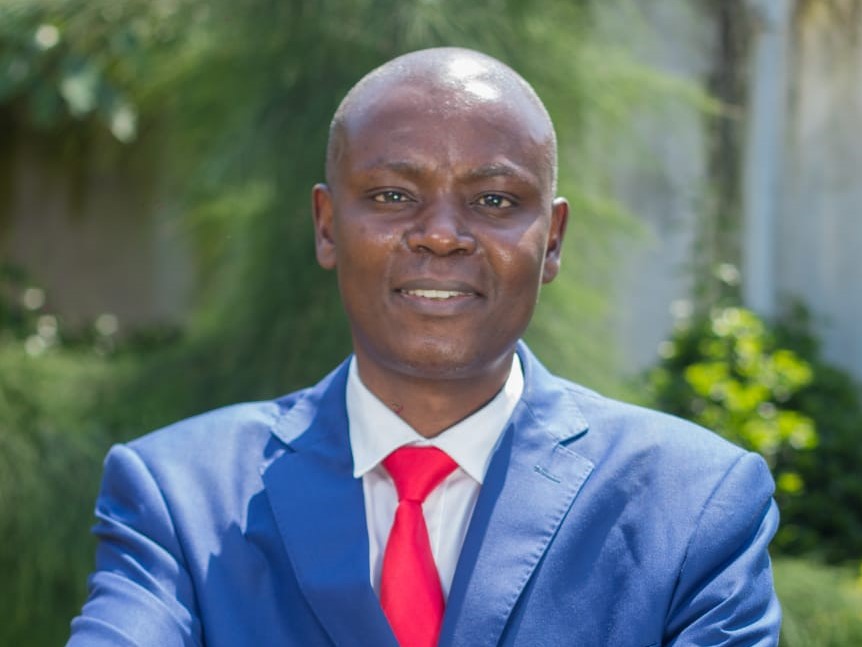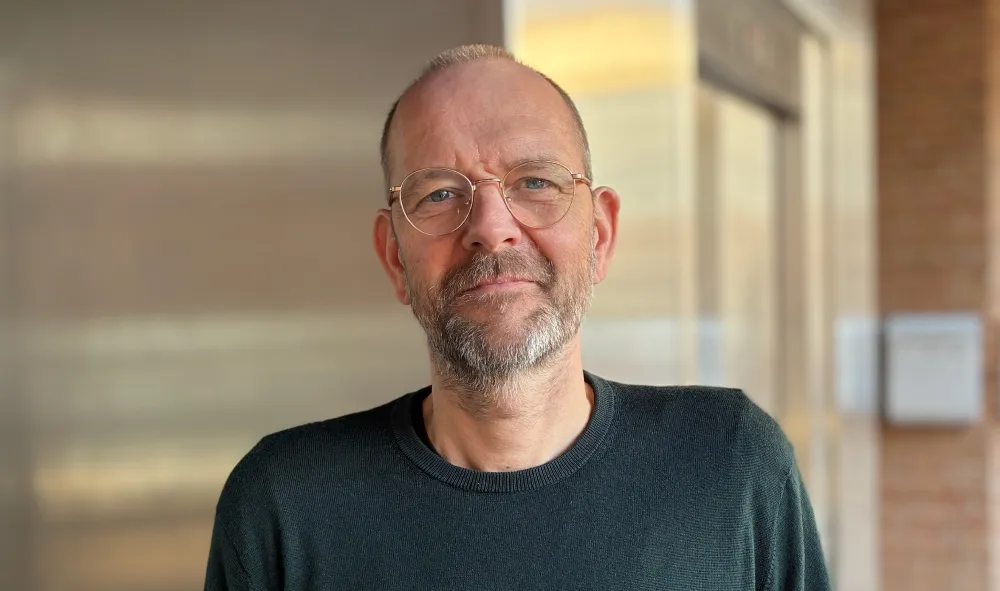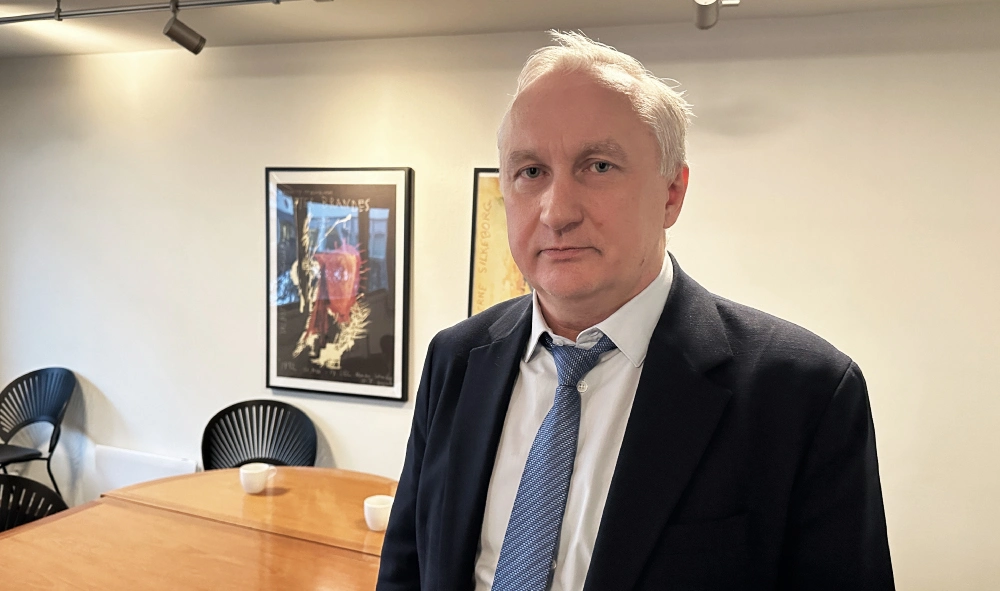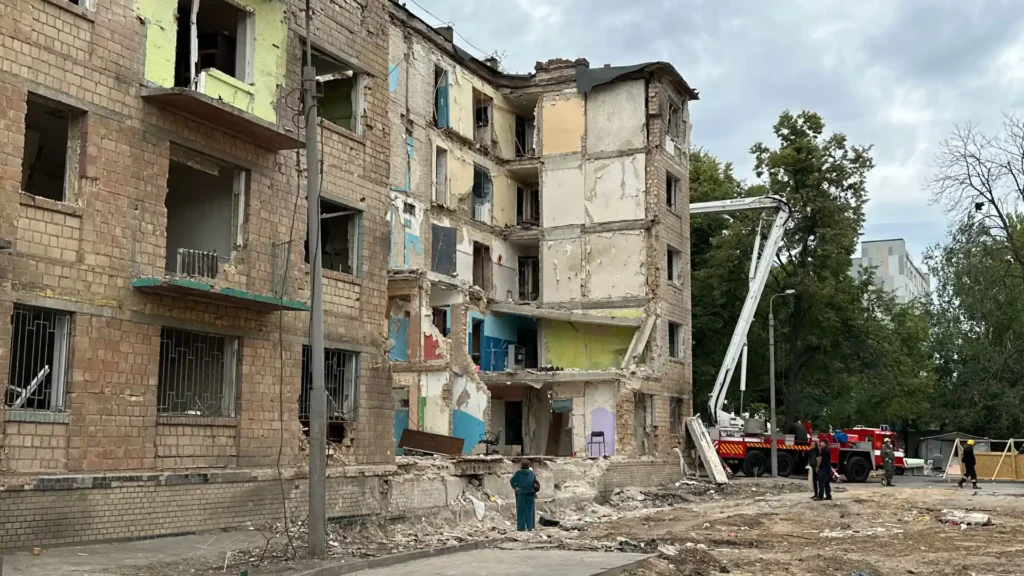DIGNITY’s partner MIDRIFT HURINET organized hundreds of democracy activists and election peace ambassadors during the recent Kenyan election campaign
In the midst of a quite unclear situation after the Kenyan presidential election on August 9th, Joseph Omondi, Executive Director of DIGNITY’s partner MIDRIFT HURINET in Nakuru, Kenya, looks back at the campaign and the election with a degree of satisfaction.
»Our common agenda was a peaceful election. We have managed to achieve this together«, he says.
According to the official result, presidential candidate William Ruto got just over half the votes at the election while runner-up Raila Odinga received almost 49 per cent. The result, however, is contested by Odinga. It is now up to the Kenyan Supreme Court to decide on recognizing the result as valid or, alternatively, calling for a repetition of the election in November.
The city of Nakuru is placed in Nakuru County in the former Rift Valley Province 140 kilometres from the country’s capital Nairobi. Traditionally, Nakuru has been a hotspot of unrest and violence, culminating at national elections. Nakuru was where Jomo Kenyatta, Kenya’s first President from 1964 to 1978, met with the white colonialists and guaranteed their safety in the new, independent nation. Nakuru was one of the power bases of Kenya’s second President Daniel arap Moi, who was in power from 1978 to 2002. And Nakuru is, though dominated by the Kikuyu and the Kalenjin, home to a patchwork of different ethnic groups.
Violence culminated in 2007-08
The violence around Kenyan elections culminated in 2007-08 when up to 1500 Kenyans were killed and up to 600.000 became internally displaced.
This is the tragic backdrop for the current work of Joseph Omondi and MIDRIFT HURINET. With the support of DIGNITY and the Danish Ministry of Foreign Affairs they have organised 320 volunteers in so-called Peace Committees who have been active in maintaining peace and cohesion while preparing the election. The committee members are mainly elderly people. MIDRIFT trained 300, mainly young, Kenyans in a Place Based Leadership Development programme in order to secure a peaceful election. MIDRIFT also trained 45 community health volunteers on psychological first aid to be used in case of election-related violence.
»We have reached out to women’s organisations, youth organisations, and religious communities in a very inclusive way in order to reach a critical mass. We have formed teams of volunteers, who can work as peace ambassadors on the grassroot level«, explains Joseph Omondi.
The potential conflicts between ethnic groups can be a challenge:
»Kenyan politics is not as much about the political issues as it is about ethnicity. Voters are very loyal to their ethnic group, and in some cases dominant ethnic communities want to force other communities to vote with them«.
MIDRIFT’s work not only consisted of securing peace and security but also in educating voters.
»In general, 80 per cent of voters are more or less politically illiterate. In the Global South this is exacerbated by several factors. We have taught voters why voting is important and to focus on the political programmes and not on ethnicity. Another mission has been to promote female leaders, which has now resulted in a substantial number of women being elected in Nakuru«, says Joseph Omondi.
He doesn’t have the full overview of the possible irregularities at the elections. But some reports suggest that the election committee members have in some cases not been sufficiently trained and equipped. There are instances where election officials have apparently refused to replace a spoiled ballot paper with another – resulting in voters not being able to cast their votes. And there may have been problems with the identification of the registered voters at the polling stations.
»Some people were frustrated and did not vote. But it is now up to our Supreme Court to decide on the consequences«, says Joseph Omondi.





